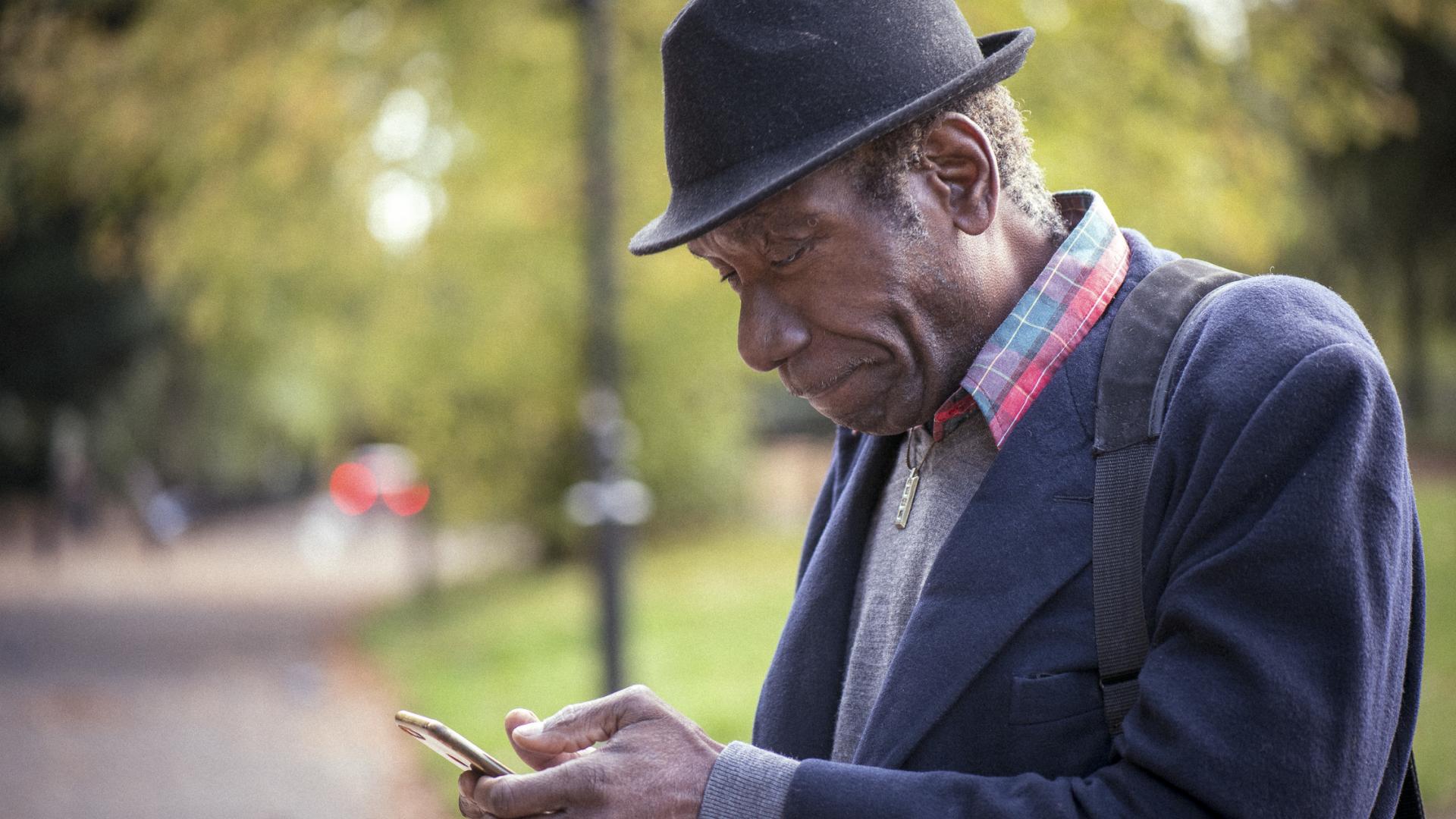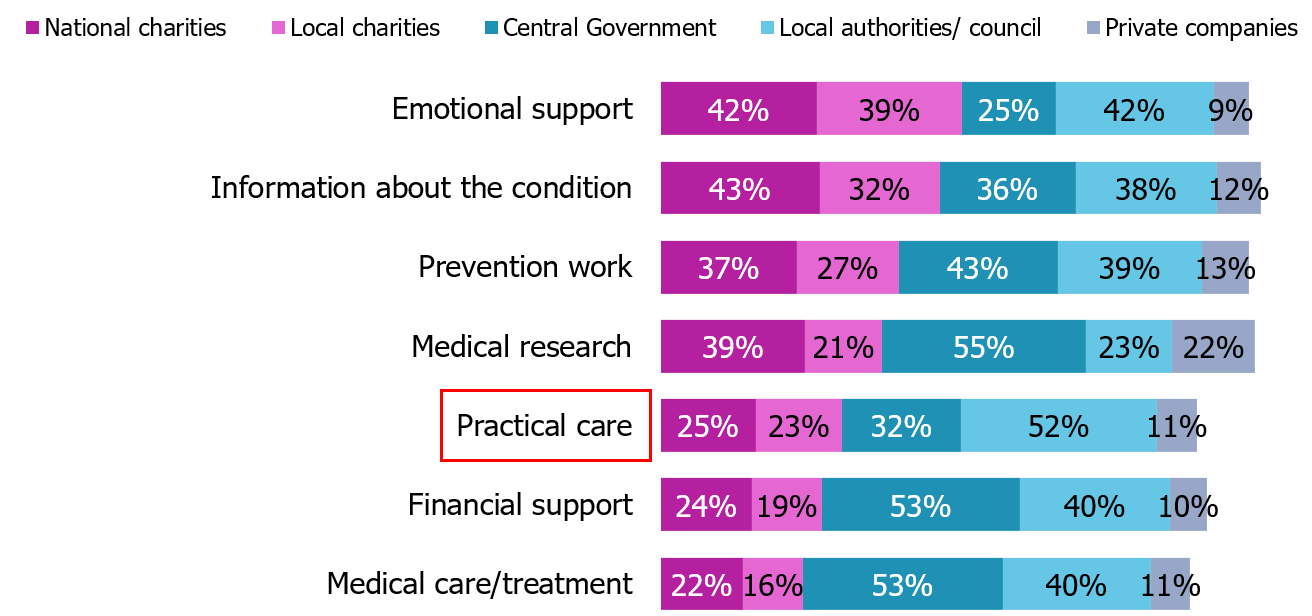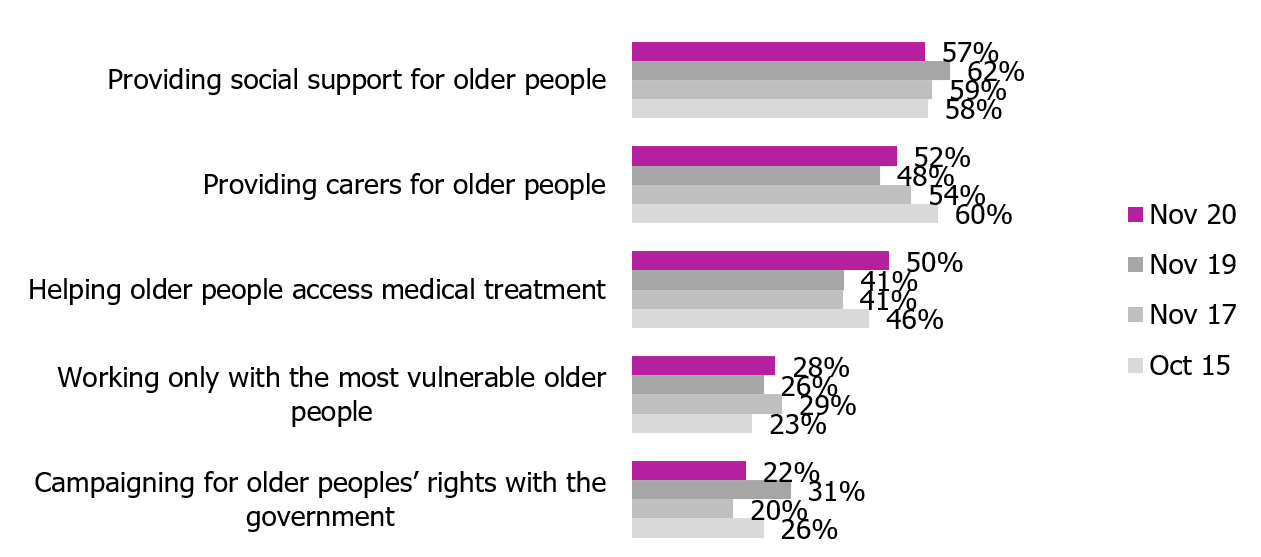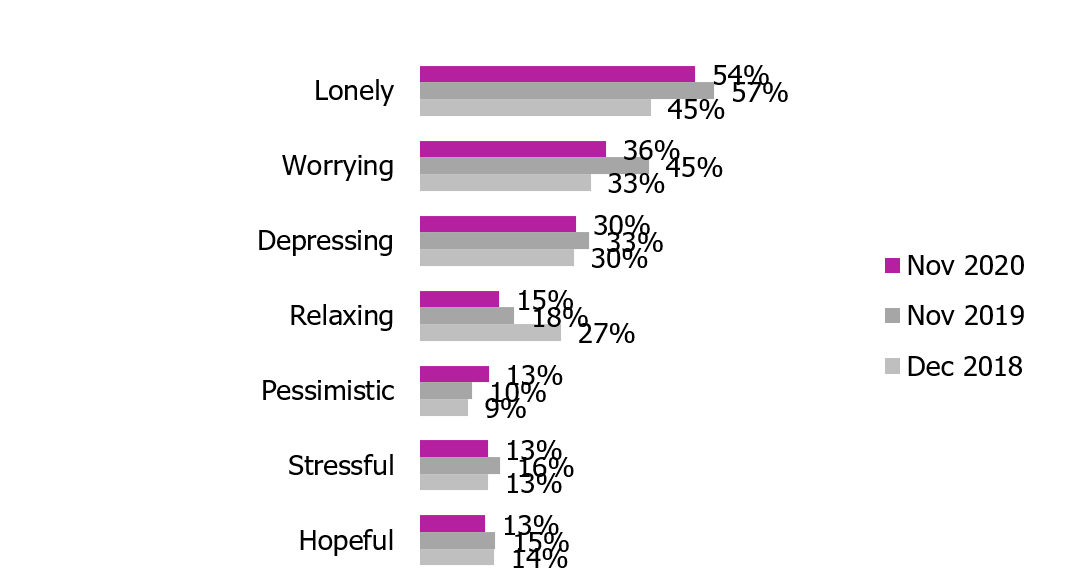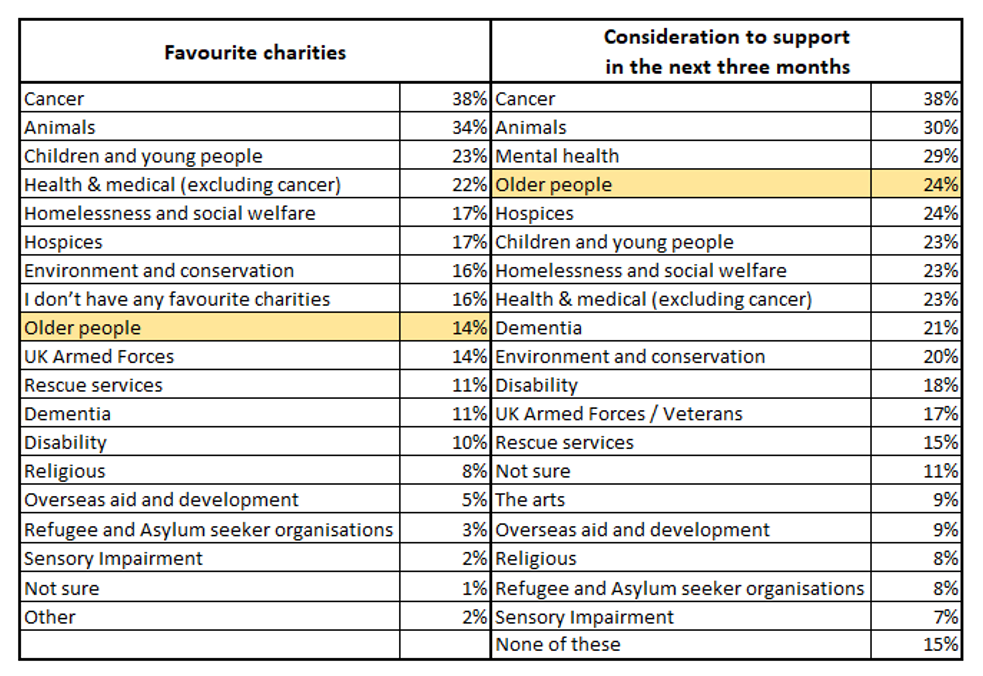As the news reminds us almost daily, the Covid-19 pandemic has so far disproportionally affected the vulnerable; in particular, older people. Care homes, which already suffer from chronic under-funding from the state, have been woefully unprepared to deal with the pandemic. Older people living at home have also been impacted, as it has increased their need for care, and social distancing has exacerbated a sense of loneliness that was already a problem for many.
The social care system has been in crisis for many years, but it has been put at risk even more over the past year. Public opinion and organisations dedicated to supporting older people have been vocal in demanding more support for social care for older people, especially in light of the pandemic. However, the recent annual Budget made by the Chancellor, Rishi Sunak, was notable for the absence of support for this already underfunded area.
Expectations are not being met, and a lot of older people are left without the care they need. In a recent article published in November last year, Age UK estimated that one in seven of those over 65 receiving care before the pandemic have seen a reduction in the care they received. The article also comments that “this worrying finding needs to be considered against a context in which out of the 2.7 million people aged 65+ in England who said they had care needs, a million (38%) said these needs were not always being met.”
While charities are more expected to provide emotional support or information, the public thinks the state should be the main contributor for practical care and financial support
Our data (see Figure 1 below) shows that the majority of the public expect the Government and local authorities (rather than charities or private companies) to provide resources for practical care, when it comes to people affected by a health condition or disability. We can assume that this might also be a similar picture for older people.
Figure 1: Providing/Funding of Services
“Thinking about the areas below which support people affected by a health condition or disability, who do you think should be responsible for providing/ funding the following services?”
Source: Charity Awareness Monitor, Aug 19, nfpSynergy | Base: 1,000 adults 16+, Britain
Social care and loneliness as the main issues for older generations
We asked people what they think charities working with older people should focus on (figure 2 below). The majority think that charities should prioritise social support and provide carers, at 52% and 57%, respectively, as opposed to focusing on social policy efforts such as campaigning. This might show that people are well-aware of the lack of funding and support from the state, which they see as being primarily responsible for this area. And, perhaps unsurprisingly, the urgency of providing primary care is felt even more by those directly affected by it, with 64% to 69% of older people considering it a priority.
Figure 2: What charities working with older people should prioritise
“Which of the following do you think should be a priority for a charity working with older people?”
Source: Charity Awareness Monitor, Nov 20, nfpSynergy | Base: 1,000 adults 16+, Britain
Beyond social care, loneliness and isolation are undoubtedly the other main causes of concern.
In our societies, it has been shown that all generations are prone to loneliness to various extents. But when thinking about older people specifically, it seems to be a more prominent issue.
When the public was asked what the words/emotions they associated the most with old age, “lonely” consistently topped the charts throughout the years (see Figure 3 below). This has always been a well-known issue – we know from our Charity Awareness Monitor tracker that 74% of the public were aware of this issue as of Nov 20, but the problem has certainly been exacerbated over the past year.
Figure 3: words/emotions associated with old age (Top 7)
“When you think of old age, which of the following words/emotions do you think of?”
Source: Charity Awareness Monitor, Nov 20, nfpSynergy | Base: 1,000 adults 16+, Britain
With the pandemic, there is a perception that awareness about issues affecting older people has never been higher. According to the data from our ongoing Covid-19 poll, older people are one of the main groups people are concerned about the most in the context of the pandemic, at 73%, along with people with cancer and respiratory conditions, also at similar levels.
So, are these high levels of public awareness and concern translating into support for charities dedicated to old age?
To some extent, yes. One fourth of the public say that they would consider supporting charities working in this sector in the next three months. This is positive, especially when we consider that in our usual ranking of the public’s favourite charities, those that focus on older people usually rank much lower than charities that support other groups, such as people affected by cancer.
Figure 4: Favourite charity causes vs. consideration to support
“When you think about your favourite charities, which category do they fall into?”
“Would you consider supporting a charity working in any of the following sectors over the next three months?”
Source: Charity Awareness Monitor, Nov 20, nfpSynergy | Base: 1,000 adults 16+, Britain
The fact that people feel that the state should provide the bulk of care support for older people (as we have seen above) might in part explain why awareness has not always translated into direct support for charities in the past. But the increased support seen in light of the pandemic indicates that people feel a sense of urgency around care for older people, and there is an opportunity to leverage this momentum into even more support for charities that help to tackle the issues associated with old age.
How to convert this opportunity into concrete support?
As we have seen, loneliness, for example, is at the forefront of the public’s mind when they think about old age. Charities such as Age UK, Independent Age or The Silver Line, already do a lot to tackle loneliness among this group.
But perhaps these efforts can be emphasised in future campaigns. Loneliness is an issue that all age brackets can directly relate to, including younger people, especially now that with the pandemic, it is likely that everyone has experienced it directly or indirectly to at least some degree. Highlighting efforts to combat loneliness might make the work done by these charities more relatable and increase support. Volunteering may be another way to harness the increased awareness into positive action for those less willing, or able to, support charities with donations. Again, tackling loneliness is an area that lends itself perfectly to the activity of volunteers. Initiatives which help older people tackle digital exclusion (which is a factor leading to loneliness in some cases, where people are physically isolated or far from their friends or families) are essential at the moment, and can certainly have a tremendous positive impact for those affected in the longer term.
Image Credit: Peter Kindersley for Centre for Ageing Better. Used under the Attribution-NoDerivatives 4.0 International (CC BY-ND 4.0) license. No changes were made to the image. The Centre for Ageing Better has launched a free library of positive and realistic images of people aged 50 and over in a bid to challenge negative and stereotypical views of later life. Find out more here.

